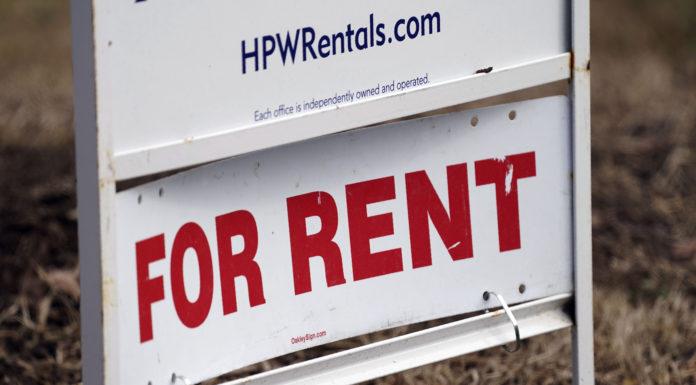(Headline USA) The Commerce Department admitted that it once again had over-projected the strength of the Biden economy as bank failures, inflation and skyrocketing interest rates leave the U.S. on the cusp of a devastating recession.
Meanwhile, the Democrat-led government continues its wasteful spending on dubious priorities like the war in Ukraine and a green-energy agenday that largely benefits China.
The U.S. economy grew at a 2.6% annual pace, the government said Thursday in a slight downgrade from its previous estimate. But consumer spending, which drives most of the economy’s growth, was revised sharply down.
The government had previously estimated that the economy expanded at a 2.7% annual rate last quarter.
The rise in the gross domestic product—the economy’s total output of goods and services —for the October–December quarter was down from the 3.2% growth rate from July through September.
For all of 2022, the U.S. economy expanded 2.1%, down significantly from a robust 5.9% in 2021, when the numbers were artificially bolstered by the pandemic recovery as businesses were allowed to end their lockdowns.
The report suggested that the recovery economy was losing momentum at the end of 2022.
Consumer spending rose at a 1% annual rate last quarter, downgraded from a 1.4% increase in the government’s previous estimate. It was the weakest quarterly gain in consumer spending since COVID-19 slammed the economy in the spring of 2020.
Spending on physical goods, like appliances and furniture, which had initially surged as the economy rebounded from the pandemic recession, fell for a fourth straight quarter.
More than half of last quarter’s growth came from businesses restocking their inventories, not an indication of underlying economic strength.
Most economists say they think growth is slowing sharply in the current January–March quarter, in part because the Federal Reserve has steadily raised interest rates in its drive to curb inflation.
The resulting surge in borrowing costs has walloped the housing industry and made it more expensive for consumers and businesses to spend and invest in major purchases. As a consequence, the economy is widely expected to slide into a recession later this year.
The central bank has raised its benchmark interest rate nine times over the past year. The Fed’s policymakers are betting that they can stick a so-called soft landing—slowing growth just enough to tame inflation without tipping the world’s biggest economy into recession.
However, the Biden administration’s ongoing spending problem—including a proposed $7-trillion budget for the next fiscal year—has complicated matters by sustaining the root cause of inflation.
As higher loan costs spread through the economy, analysts are generally skeptical that the United States can avoid a downturn. The main point of debate is whether a recession will prove mild, with only minor damage to hiring and growth, or severe, with waves of layoffs.
The financial conditions that led to the collapse of Silicon Valley Bank on March 10 and Signature Bank two days later—the second- and third-biggest bank failures in U.S. history—are also expected to slow the economy.
Banks are likely to impose stricter conditions on loans, which help fuel economic growth, to conserve cash to meet withdrawals from jittery depositors.
“The economy ended 2022 with marginally less momentum,” Oren Klachkin and Ryan Sweet of Oxford Economics wrote in a research note. ”Looking ahead, the economy will face the full brunt of tighter credit conditions and Fed policy this year, and inflation is set to stay above its historical trend.”
They added: “We expect a recession to hit in the second half of 2023.”
Thursday’s report from the Commerce Department was its third and final estimate of GDP for the fourth quarter of 2022. On April 27, the department will issue its initial estimate of growth in the current first quarter.
Forecasters surveyed by the data firm FactSet have estimated that growth in the January–March quarter is decelerating to a 1.4% annual rate.
Adapted from reporting by the Associated Press

